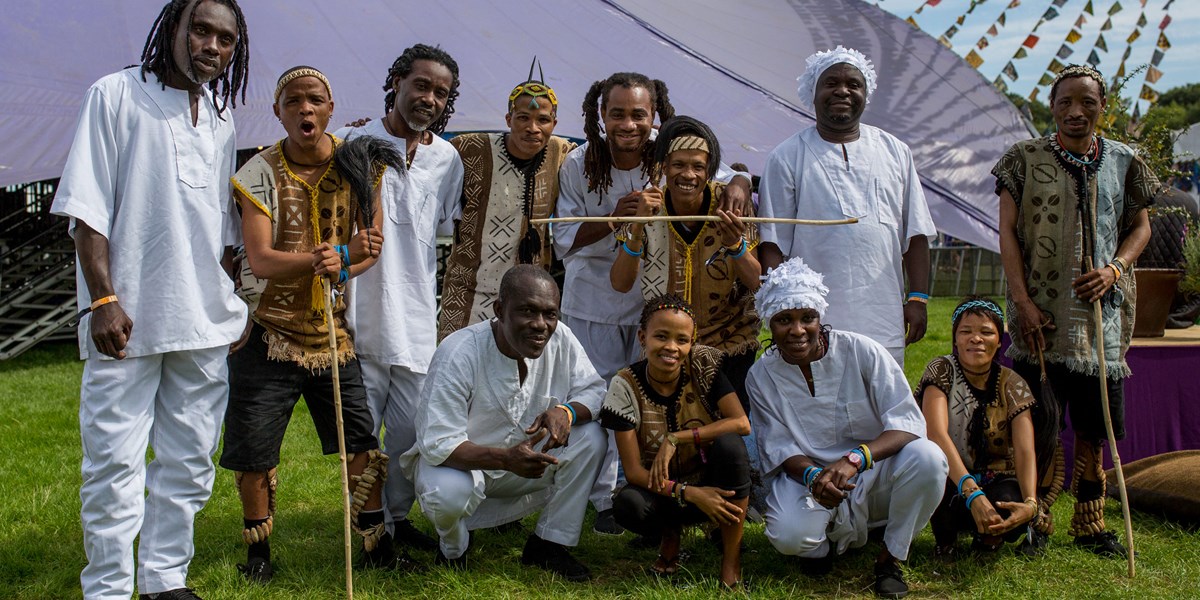Friday, July 1, 2022
Kakatsitsi Master Drummers, bringing Ghanaian drumming to the world
By John Owoo
The Kakatsitsi Master Drummers have been introducing international audiences to traditional Ghanaian drumming for decades. John Owoo drops in on a rehearsal to find out more about their educational mission


Register now to continue reading

Thanks for visiting the Songlines website, your guide to an extraordinary world of music and culture. Sign up for a free account now to enjoy:
- Free access to 2 subscriber-only articles and album reviews every month
- Unlimited access to our news and awards pages
- Our regular email newsletters

